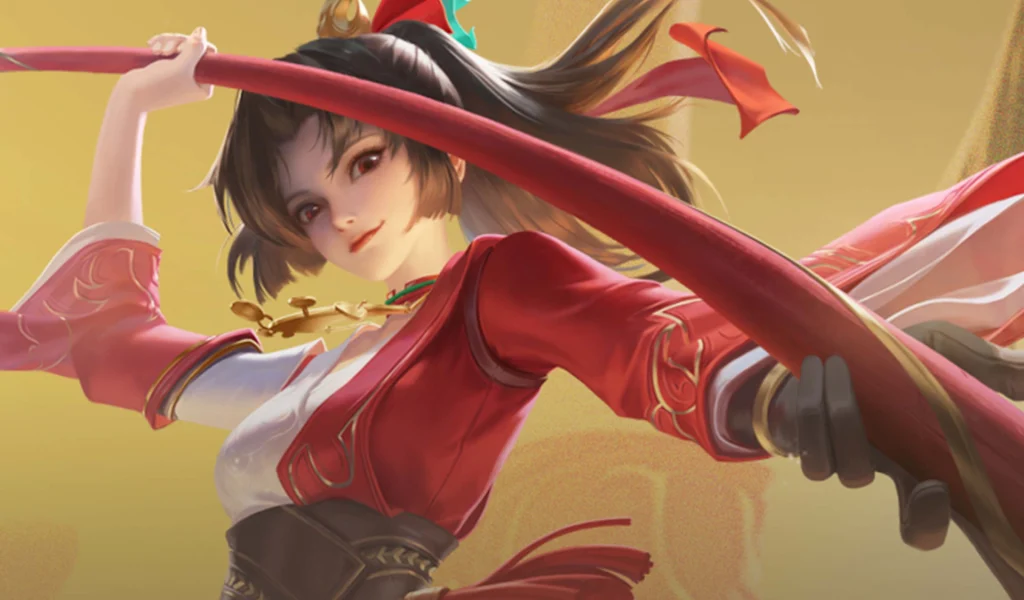Casual Play to Professional Competitions – The Evolution of Online Gaming Communities
Online gaming communities have undergone a fascinating transformation, evolving from casual gatherings of friends in virtual worlds to breeding grounds for professional esports athletes. In the early days, online gaming was a niche hobby. Dial-up connections and primitive matchmaking systems meant that connecting with others for a game was an adventure in itself. Players often relied on bulletin board systems BBS or rudimentary online forums to find opponents and share strategies for their favorite titles. These early communities fostered a strong sense of camaraderie, with players bonding over their shared passion for conquering digital challenges. Games like EverQuest and Ultimate Online brought thousands of players together in persistent online worlds, where guilds and alliances formed, laying the groundwork for more organized competition. These communities were not just about competition though. Players built friendships, shared virtual adventures, and even held in-game weddings! Ventrilo and TeamSpeak, early voice-over-IP VoIP applications, allowed for real-time communication, fostering a sense of camaraderie that transcended geographical boundaries.

As technology continued to evolve, so did the competitive landscape. Games like Quake and Counter-Strike offered dedicated multiplayer modes, attracting skilled players who honed their reflexes and strategies. Online tournaments began to emerge, with players battling for bragging rights and, in some cases, small cash prizes. These early esports tournaments were often grassroots affairs, organized by passionate players and communities. However, they planted the seeds for the professional leagues and global events that would dominate the scene later. The arrival of social media and streaming platforms like Twitch in the mid-2000s further revolutionized online gaming communities. Streamers like Ninja and Lyric became celebrities, captivating audiences with their skills and personalities. Esports tournaments were no longer niche events; they were broadcasted live to millions, attracting sponsorships and generating massive prize pools. Games like top up hok became cultural phenomena, with professional players achieving Rockstar status. Communities evolved to cater to both casual and hardcore gamers. Casual players could enjoy watching professionals compete at the highest level, while aspiring esports athletes could hone their skills through online coaching and dedicated practice servers.
The rise of professional esports has undoubtedly shifted the online gaming landscape. However, the core values of community – camaraderie, shared passion, and a love for the game – remain. Discord servers have become the modern-day virtual town squares, where players strategize, socialize, and cheer on their favorite teams. Online communities also play a crucial role in content creation. Fan communities generate vast amounts of content, from detailed game guides to hilarious memes, further enriching the overall gaming experience. Looking ahead, the future of online gaming communities seems intertwined with the continued growth of esports. As virtual and augmented reality technologies mature, we can expect even more immersive and interactive online experiences. The lines between casual and competitive play are likely to blur further, with communities offering support and structure for players of all skill levels. One thing is certain: online gaming communities will continue to be vibrant hubs of social connection, competition, and creativity, shaping the future of gaming for years to come.